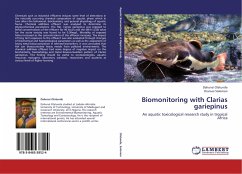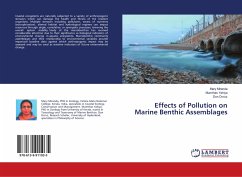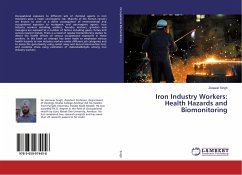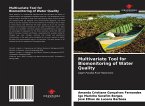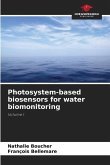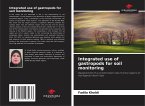Chemicals such as industrial effluents induces some level of alterations in the naturally occurring chemical composition of aquatic phase which in turn alters the behavioral, biochemistry, and general physiology of aquatic fauna. Chemical additives effluent was analyzed to determine its physicochemical parameters. The fish, Clarias gariepinus was exposed to lethal concentrations of the effluent for 96 hours and the (96-h LC50) value for the acute toxicity was found to be 0.30mg/L. Mortality of exposed fishes increased as the concentrations of the effluent increases. The impact of long term exposure to the effluent was also evaluated through changes of biochemical and haematological parameters as well as the assessment of heavy metal bioaccumulation in selected biomarkers. It was concluded that fish can bioaccumulate heavy metals from polluted environments. The chemical additives effluent had some degree of negative impact on the biochemistry, haematology and metal bioaccumulationpattern of Clarias gariepinus. This finding should be useful to ecotoxicologists, aquatic resources managers, laboratory scientists, researchers and students at various levels of higher learning.
Bitte wählen Sie Ihr Anliegen aus.
Rechnungen
Retourenschein anfordern
Bestellstatus
Storno

